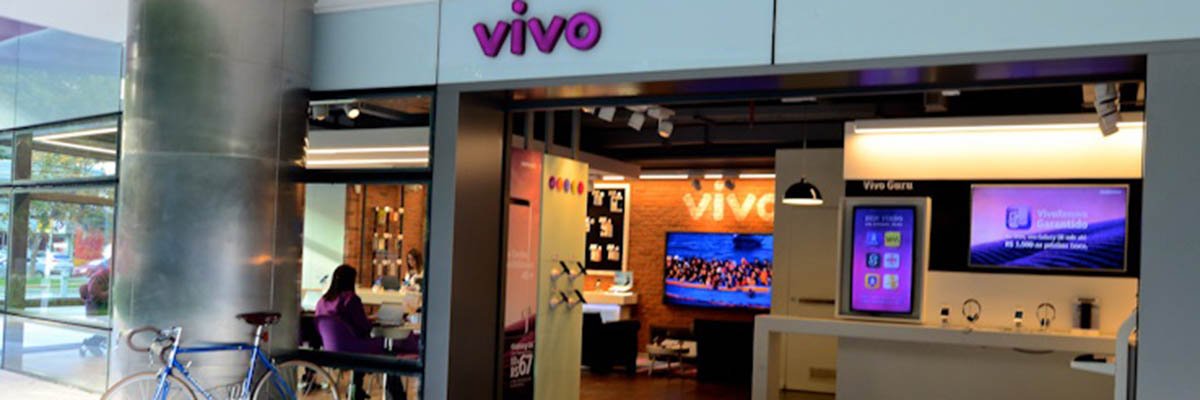
As part of the Fusion Network Project in Brazil supported by technology from suppliers such as Cisco and NEC Corporation, Telefónica Vivo has announced that it is deploying a simplified and automated, 5G-ready IP network for its converged mobile and fixed networks as part of its plans to enhance its network in the country.
The operator believes that, ultimately, the simplification and automation of a multi-domain, multi-layer converged network, coupled with segment routing, will increase its network scalability and flexibility as it prepares to launch 5G services.
Telefónica Vivo designed the Fusion Network Project as a platform for incorporating services into a single network infrastructure, offering advanced communications services and transforming customer experiences. Taking advantage of what it sees as the power of automation, the project aims to offer a more agile, scalable and flexible network with improved reliability for both residential users and enterprises in the 5G era.
Cisco and NEC have been collaborating closely in Brazil for over 10 years and now are a part of a Global System Integrator Agreement (GSIA) signed in 2020, enabling them to deploy an automated transport 5G-ready network.
As defined in the Fusion Network Project, Cisco and NEC will work together to optimise Telefónica Vivo’s total cost of ownership (TCO) and increase business agility by simplifying its network architecture and operations, converging mobile and fixed networks, and automating multi-layer networks across packet, optical and microwave domains. Also, Segment Routing IPv6 will be implemented to enable a unified architecture with network slicing capabilities.
Under the agreement, Cisco will provide network equipment including ASR 9000 and NCS 540 series routers for IP transport, Cisco Crosswork Network Controller as the multi-supplier SDN solution, and Cisco Crosswork Hierarchical Controller to enable multi-supplier and multi-layer automation within the Fusion Network domain. Cisco will serve as the networking adviser, reaping the benefits of a longstanding relationship and in-depth understanding of Telefónica Vivo’s network.
NEC will serve as the network integrator and provide local engineering capabilities with 5G xHaul transformation services to deliver a scalable migration for thousands of nodes. It believes the combination of its and Cisco’s technology, combined within a 5G ecosystem and further extended by network integration capabilities globally, will help deploy immersive 5G services in Brazil.
Elmo Matos, planning director at Telefónica Vivo, said: “Since the transport network will play a key role in supporting innovative customer experiences and new services built on 5G, we needed trusted partners with a solid track record and local delivery capabilities.”

Comentarios recientes